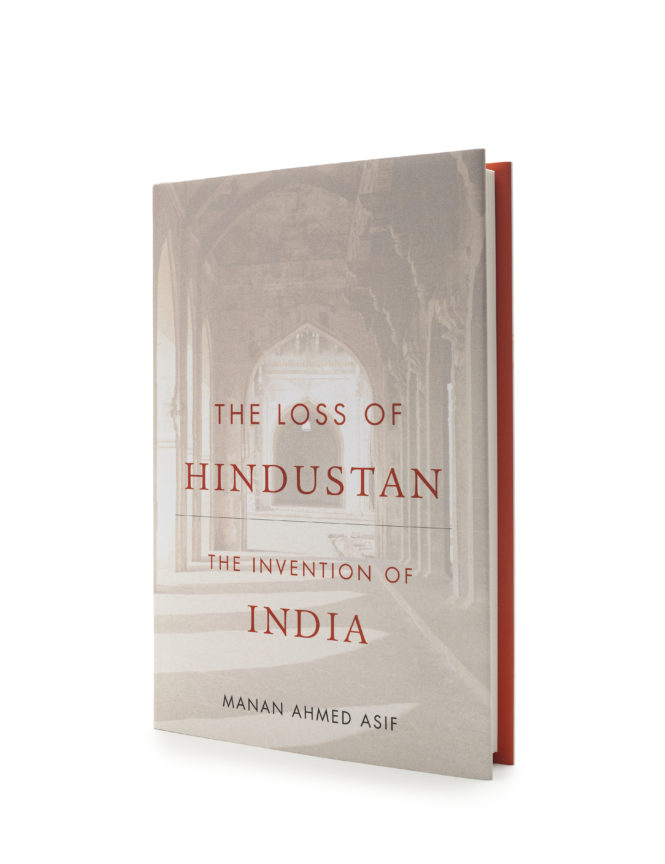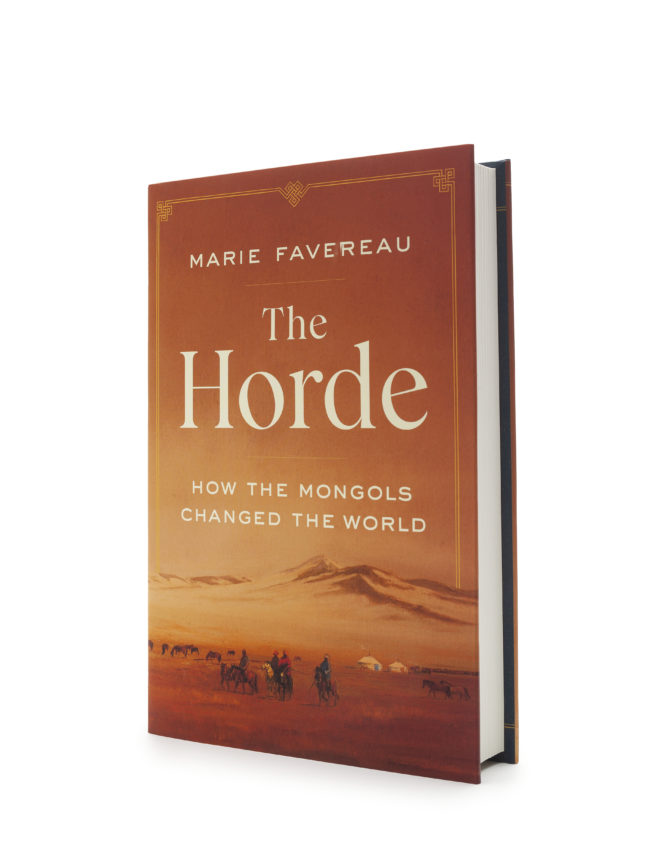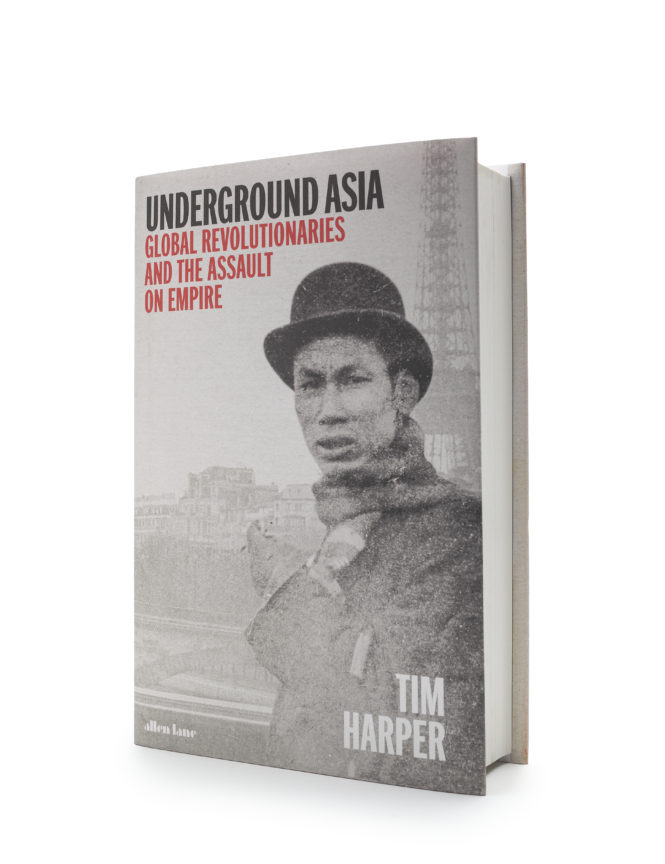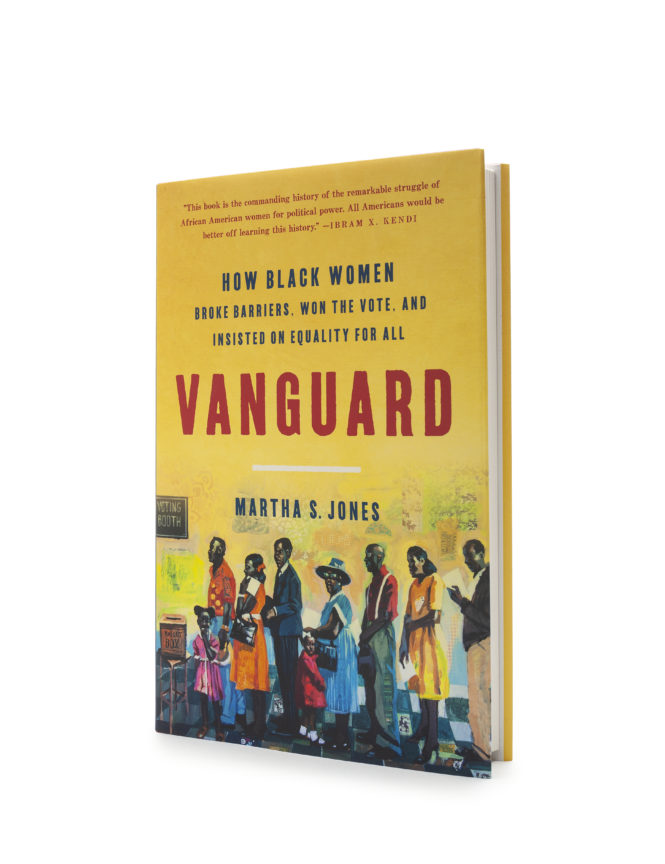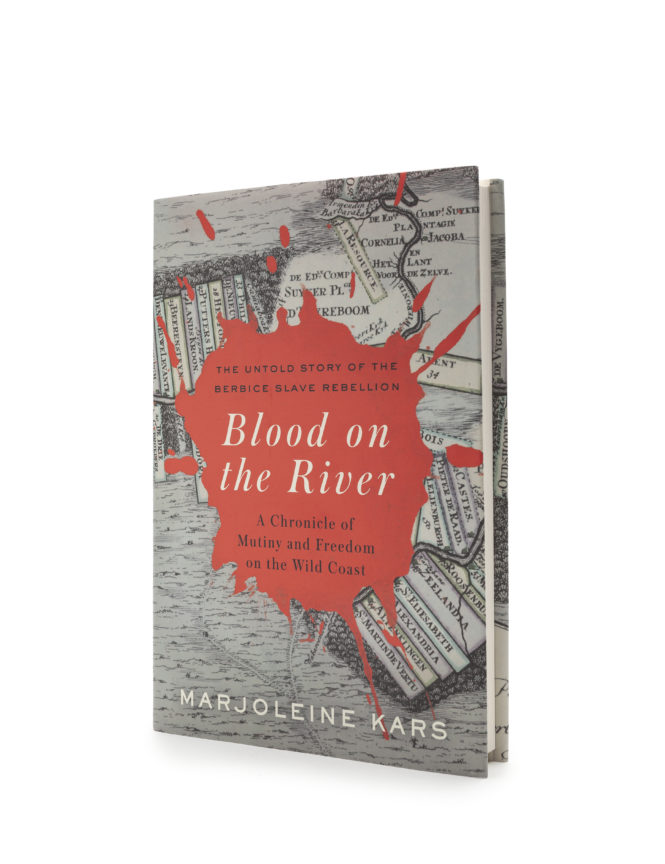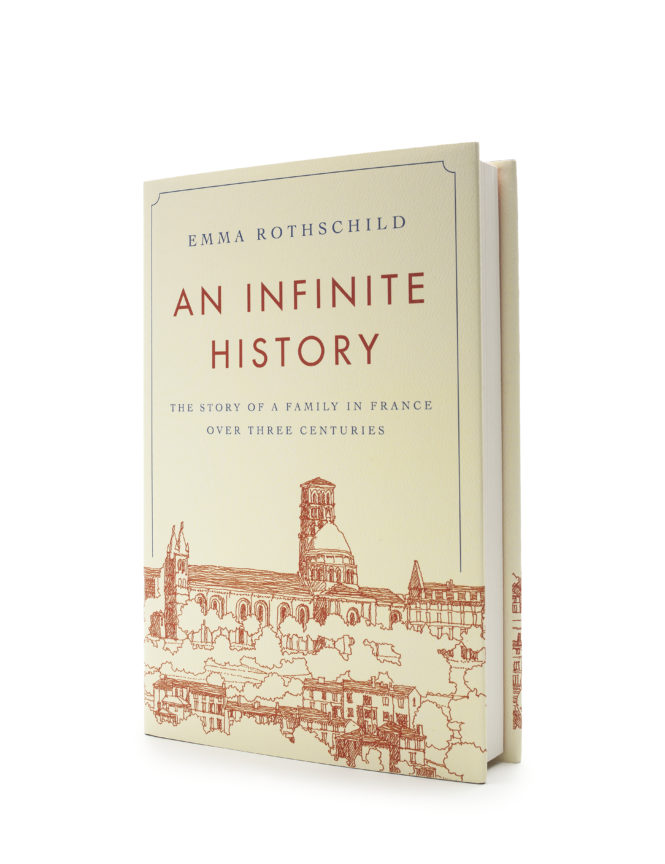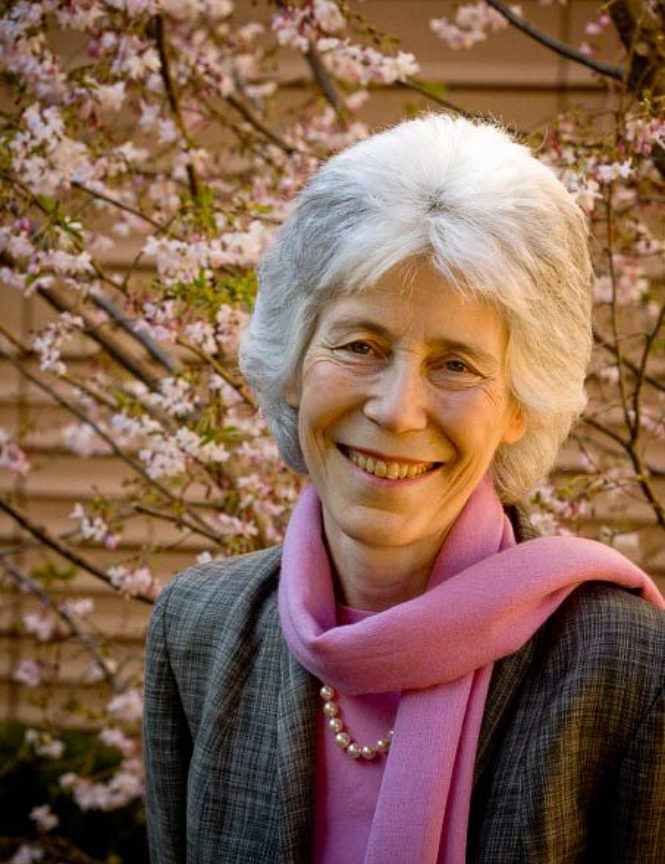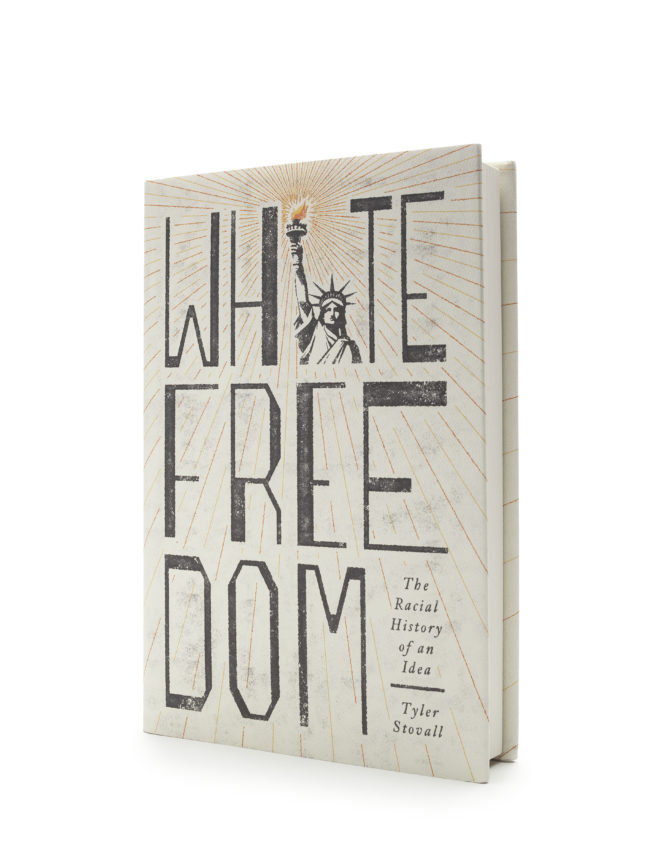Manan Ahmed Asif
The Loss of Hindustan: The Invention of India
Harvard University Press
Did South Asia have a shared regional identity prior to the arrival of Europeans in the late fifteenth century? This is a subject of heated debate in scholarly circles and contemporary political discourse. Manan Ahmed Asif argues that Pakistan, Bangladesh, and the Republic of India share a common political ancestry: they are all part of a region whose people understand themselves as Hindustani. Asif describes the idea of Hindustan, as reflected in the work of native historians from roughly 1000 CE to 1900 CE, and how that idea went missing.
This makes for a radical interpretation of how India came to its contemporary political identity. Asif argues that a European understanding of India as Hindu has replaced an earlier, native understanding of India as Hindustan, a home for all faiths. Turning to the subcontinent’s medieval past, Asif uncovers a rich network of historians of Hindustan who imagined, studied, and shaped their kings, cities, and societies. Asif closely examines the most complete idea of Hindustan, elaborated by the early seventeenth century Deccan historian Firishta. His monumental work, Tarikh-i Firishta, became a major source for European philosophers and historians, such as Voltaire, Kant, Hegel, and Gibbon during the eighteenth and nineteenth centuries. Yet Firishta’s notions of Hindustan were lost and replaced by a different idea of India that we inhabit today.
The Loss of Hindustan reveals the intellectual pathways that dispensed with multicultural Hindustan and created a religiously partitioned world of today.
About the Author
Manan Ahmed Asif is Associate Professor of History at Columbia University and the author of A Book of Conquest (Harvard).
ORDER Manan Ahmed Asif's The Loss of Hindustan from Indigo, the Canadian retail partner of the Cundill History Prize
ORDER Manan Ahmed Asif's The Loss of Hindustan on Bookshop.org (US) and support local bookstores
Rebecca Clifford
Survivors: Children's Lives After the Holocaust
Yale University Press
How can we make sense of our lives when we do not know where we come from? This was a pressing question for the youngest survivors of the Holocaust, whose prewar memories were vague or nonexistent. In this beautifully written account, Rebecca Clifford follows the lives of one hundred Jewish children out of the ruins of conflict through their adulthood and into old age.
Drawing on archives and interviews, Clifford charts the experiences of these child survivors and those who cared for them—as well as those who studied them, such as Anna Freud. Survivors explores the aftermath of the Holocaust in the long term, and reveals how these children—often branded “the lucky ones”—had to struggle to be able to call themselves “survivors” at all. Challenging our assumptions about trauma, Clifford’s powerful and surprising narrative helps us understand what it was like living after, and living with, childhoods marked by rupture and loss.
About the Author
Rebecca Clifford is Professor of Transnational and European History at the University of Durham and author of Commemorating the Holocaust: the Dilemmas of Remembrance in France and Italy.
ORDER Rebecca Clifford's Survivors from Indigo, the Canadian retail partner of the Cundill History Prize
ORDER Rebecca Clifford's Survivors on Bookshop.org (US) and support local bookstores
Marie Favereau
The Horde: How the Mongols Changed the World
Belknap Press of Harvard University Press
The Mongols are widely known for one thing: conquest. In the first comprehensive history of the Horde, the western portion of the Mongol empire that arose after the death of Chinggis Khan, Marie Favereau shows that the accomplishments of the Mongols extended far beyond war. For three hundred years, the Horde was no less a force in global development than Rome had been. It left behind a profound legacy in Europe, Russia, Central Asia, and the Middle East, palpable to this day.
Favereau takes us inside one of the most powerful sources of cross-border integration in world history. The Horde was the central node in the Eurasian commercial boom of the thirteenth and fourteenth centuries and was a conduit for exchanges across thousands of miles. Its unique political regime—a complex power-sharing arrangement among the khan and the nobility—rewarded skillful administrators and diplomats and fostered an economic order that was mobile, organized, and innovative. From its capital at Sarai on the lower Volga River, the Horde provided a governance model for Russia, influenced social practice and state structure across Islamic cultures, disseminated sophisticated theories about the natural world, and introduced novel ideas of religious tolerance.
The Horde is the eloquent, ambitious, and definitive portrait of an empire little understood and too readily dismissed. Challenging conceptions of nomads as peripheral to history, Favereau makes clear that we live in a world inherited from the Mongol moment.
About the Author
Marie Favereau is Associate Professor of History at Paris Nanterre University. She has been a member of the French Institute of Oriental Archaeology, a visiting scholar at the Institute for Advanced Study, and a research associate at Oxford University for the major project Nomadic Empires. Her books include La Horde d'Or et le sultanat mamelouk and the graphic novel Gengis Khan.
ORDER Marie Favereau's The Horde from Indigo, the Canadian retail partner of the Cundill History Prize
ORDER Marie Favereau's The Horde on Bookshop.org (US) and support local bookstores
Tim Harper
Underground Asia: Global Revolutionaries and the Assault on Empire
Allen Lane, Penguin Press, Penguin Random House
The end of Europe's empires has so often been seen as a story of high politics and warfare. In Tim Harper's remarkable new book the narrative is very different: it shows how empires were fundamentally undermined from below. Using the new technology of cheap printing presses, global travel and the widespread use of French and English, young radicals from across Asia were able to communicate in ways simply not available before. These clandestine networks stretched to the heart of the imperial metropolises: to London, to Paris, to the Americas, but also increasingly to Moscow.
They created a secret global network which was for decades engaged in bitter fighting with imperial police forces. They gathered in the great hubs of Asia - Calcutta, Singapore, Batavia, Hanoi, Tokyo, Shanghai, Canton and Hong Kong - and plotted with ceaseless ingenuity, both through persuasion and terrorism, the end of the colonial regimes. Many were caught and killed or imprisoned, but others would go on to rule their newly independent countries.
Drawing on an amazing array of new sources, Underground Asia turns upside-down our understanding of twentieth-century empire. The reader enters an extraordinary world of stowaways, false identities, secret codes, cheap firearms, assassinations and conspiracies, as young Asians made their own plans for their future.
About the Author
Tim Harper is Professor of the History of Southeast Asia at the University of Cambridge, a Director of the Centre for History and Economics, and a Fellow of Magdalene College. He was the co-author with Christopher Bayly of two landmark Penguin books on the British Empire's experience of the Second World War in south and southeast Asia: Forgotten Armies and Forgotten Wars.
ORDER Tim Harper's Underground Asia from Indigo, the Canadian retail partner of the Cundill History Prize
ORDER Tim Harper's Underground Asia on Bookshop.org (US) and support local bookstores
Martha Jones
Vanguard: How Black Women Broke Barriers, Won the Vote, and Insisted on Equality for All
Basic Books, Hachette Book Group
In the standard story, the suffrage crusade began in Seneca Falls in 1848 and ended with the ratification of the Nineteenth Amendment in 1920. But this overwhelmingly white women's movement did not win the vote for most black women. Securing their rights required a movement of their own.
In Vanguard, acclaimed historian Martha S. Jones offers a new history of African American women's political lives in America. She recounts how they defied both racism and sexism to fight for the ballot, and how they wielded political power to secure the equality and dignity of all persons. From the earliest days of the republic to the passage of the 1965 Voting Rights Act and beyond, Jones excavates the lives and work of black women—Maria Stewart, Frances Ellen Watkins Harper, Fannie Lou Hamer, and more—who were the vanguard of women's rights, calling on America to realize its best ideals.
About the Author
Martha S. Jones is the Society of Black Alumni Presidential Professor and professor of history at Johns Hopkins University. She is president of the Berkshire Conference of Women Historians, the oldest and largest association of women historians in the United States, and she sits on the executive board of the Organization of American Historians. Author of Birthright Citizens and All Bound up Together, she has written for The Washington Post, The Atlantic, USA Today, and more. She lives in Baltimore, MD.
ORDER Martha Jones' Vanguard from Indigo, the Canadian retail partner of the Cundill History Prize
ORDER Martha Jones' Vanguard on Bookshop.org (US) and support local bookstores
Marjoleine Kars
Blood on the River: A Chronicle of Mutiny and Freedom on the Wild Coast
The New Press
On Sunday, February 27, 1763, thousands of slaves in the Dutch colony of Berbice—in present-day Guyana—launched a massive rebellion that came amazingly close to succeeding. Surrounded by jungle and savannah, the revolutionaries (many of them African-born) and Europeans struck and parried for an entire year. In the end, the Dutch prevailed because of one unique advantage—their ability to get soldiers and supplies from neighboring colonies and from Europe. Blood on the River is the explosive story of this little-known revolution, one that almost changed the face of the Americas.
Drawing on nine hundred interrogation transcripts collected by the Dutch when the Berbice rebellion finally collapsed, and which were subsequently buried in Dutch archives, historian Marjoleine Kars reconstructs an extraordinarily rich day-by-day account of this pivotal event. Blood on the River provides a rare in-depth look at the political vision of enslaved people at the dawn of the Age of Revolution and introduces us to a set of real characters, vividly drawn against the exotic tableau of a riverine world of plantations, rainforest, and Carib allies who controlled a vast South American hinterland.
An astonishing original work of history, Blood on the River will change our understanding of revolutions, slavery, and of the story of freedom in the New World.
About the Author
Marjoleine Kars is Professor at the University of Maryland, Baltimore County. A noted historian of slavery, she is the author of Blood on the River: A Chronicle of Mutiny and Freedom on the Wild Coast (The New Press) and Breaking Loose Together. She lives in Washington, DC.
ORDER Marjoleine Kars' Blood on the River from Indigo, the Canadian retail partner of the Cundill History Prize
ORDER Marjoleine Kars' Blood on the River on Bookshop.org (US) and support local bookstores
Emma Rothschild
An Infinite History: the Story of a Family in France over Three Centuries
Princeton University Press
Marie Aymard was an illiterate widow who lived in the provincial town of Angoulême in southwestern France, a place where seemingly nothing ever happened. Yet, in 1764, she made her fleeting mark on the historical record through two documents: a power of attorney in connection with the property of her late husband, a carpenter on the island of Grenada, and a prenuptial contract for her daughter, signed by eighty-three people in Angoulême. Who was Marie Aymard? Who were all these people? And why were they together on a dark afternoon in December 1764? Beginning with these questions, An Infinite History offers a panoramic look at an extended family over five generations. Through ninety-eight connected stories about inquisitive, sociable individuals, ending with Marie Aymard’s great-great granddaughter in 1906, Emma Rothschild unfurls an innovative modern history of social and family networks, emigration, immobility, the French Revolution, and the transformation of nineteenth-century economic life.
Rothschild spins a vast narrative resembling a period novel, one that looks at a large, obscure family, of whom almost no private letters survive, whose members traveled to Syria, Mexico, and Tahiti, and whose destinies were profoundly unequal, from a seamstress living in poverty in Paris to her third cousin, the cardinal of Algiers. Rothschild not only draws on discoveries in local archives but also uses new technologies, including the visualization of social networks, large-scale searches, and groundbreaking methods of genealogical research.
An Infinite History demonstrates how the ordinary lives of one family over three centuries can constitute a remarkable record of deep social and economic changes.
About the Author
Emma Rothschild is the Jeremy and Jane Knowles Professor of History at Harvard University, where she directs the Center for History and Economics. Her books include The Inner Life of Empires (Princeton) and Economic Sentiments.
ORDER Emma Rothschild's Infinite History from Indigo, the Canadian retail partner of the Cundill History Prize
ORDER Emma Rothschild's Infinite History on Bookshop.org (US) and support local bookstores
Tyler Stovall
White Freedom: the Racial History of an Idea
Princeton University Press
The era of the Enlightenment, which gave rise to our modern conceptions of freedom and democracy, was also the height of the trans-Atlantic slave trade. America, a nation founded on the principle of liberty, is also a nation built on African slavery, Native American genocide, and systematic racial discrimination. White Freedom traces the complex relationship between freedom and race from the eighteenth century to today, revealing how being free has meant being white.
Tyler Stovall explores the intertwined histories of racism and freedom in France and the United States, the two leading nations that have claimed liberty as the heart of their national identities. He explores how French and American thinkers defined freedom in racial terms and conceived of liberty as an aspect and privilege of whiteness. He discusses how the Statue of Liberty—a gift from France to the United States and perhaps the most famous symbol of freedom on Earth—promised both freedom and whiteness to European immigrants. Taking readers from the Age of Revolution to today, Stovall challenges the notion that racism is somehow a paradox or contradiction within the democratic tradition, demonstrating how white identity is intrinsic to Western ideas about liberty. Throughout the history of modern Western liberal democracy, freedom has long been white freedom.
A major work of scholarship that is certain to draw a wide readership and transform contemporary debates, White Freedom provides vital new perspectives on the inherent racism behind our most cherished beliefs about freedom, liberty, and human rights.
About the Author
Tyler Stovall is professor of history and dean of the Graduate School of Arts and Sciences at Fordham University. His books include Transnational France: The Modern History of a Universal Nation, Paris Noir: African Americans in the City of Light, and The Rise of the Paris Red Belt.
